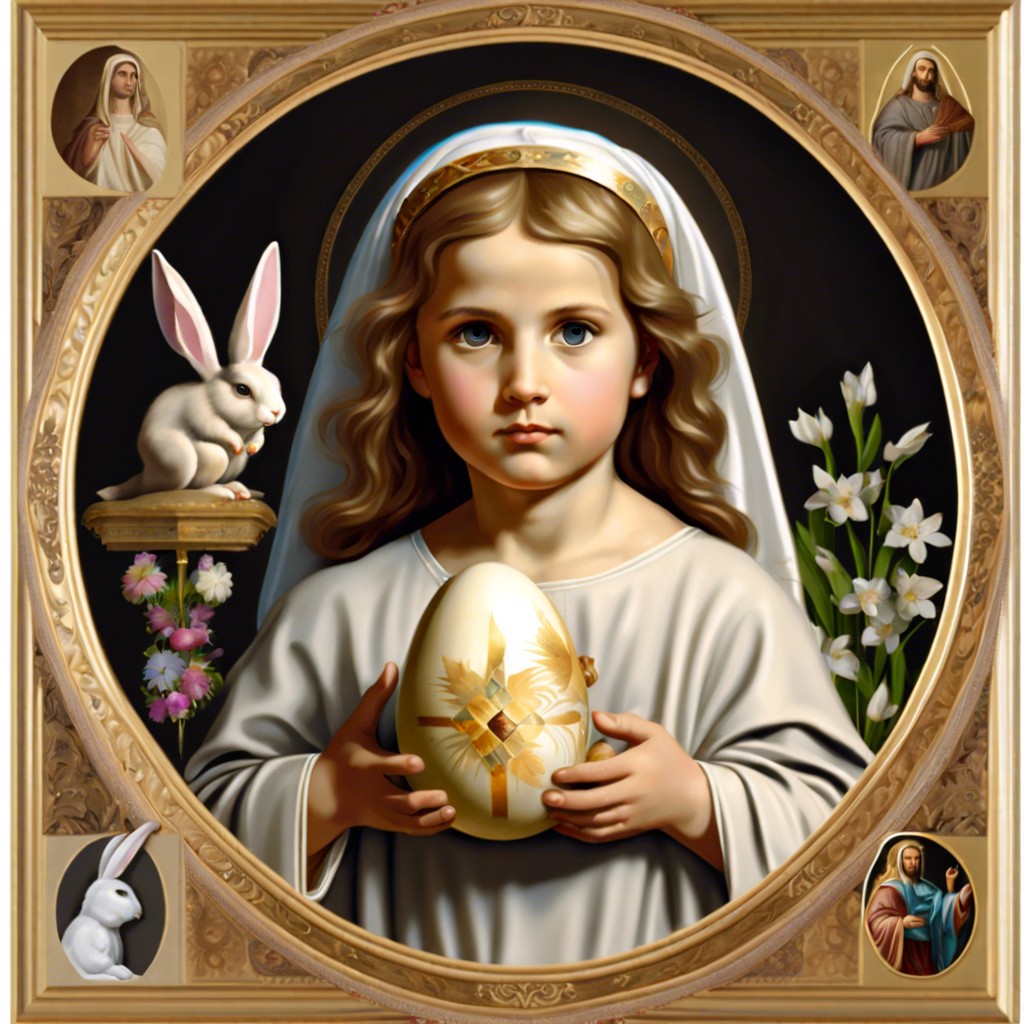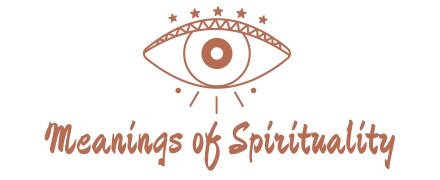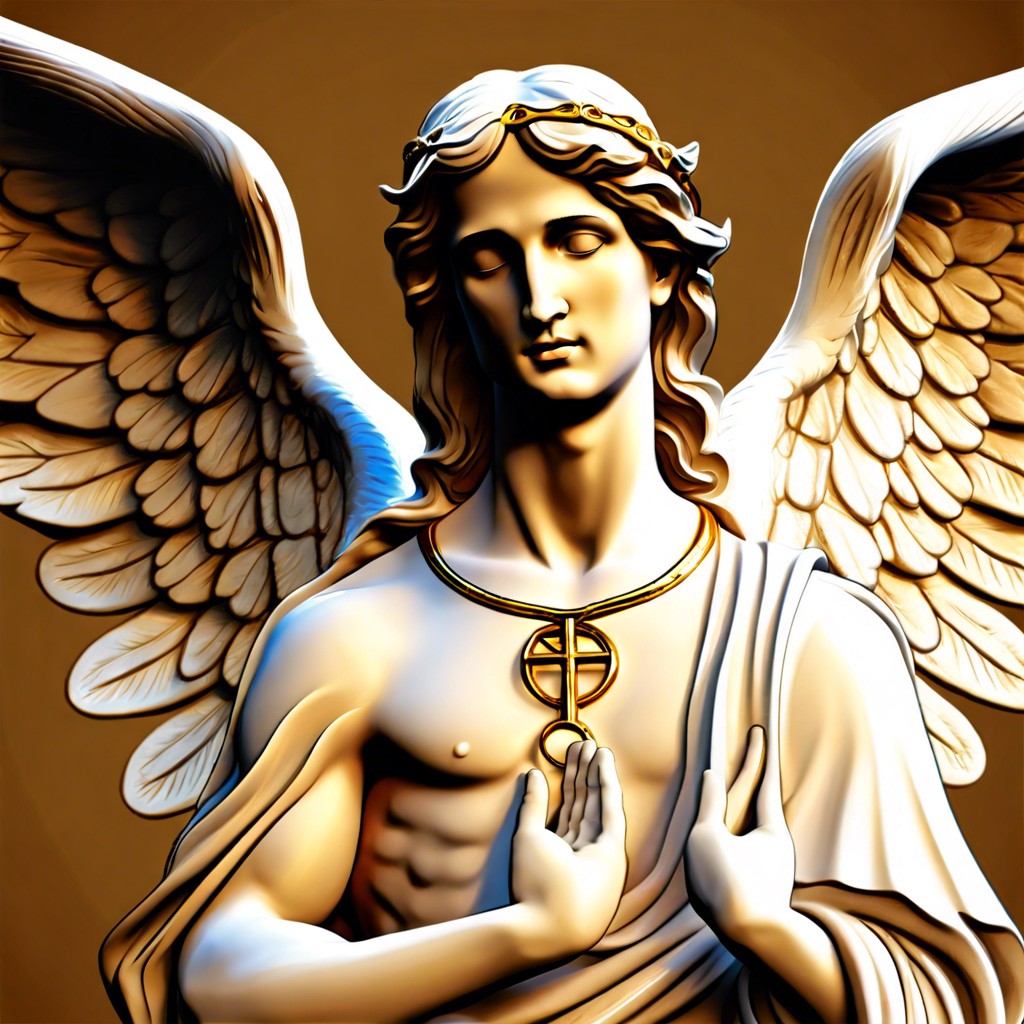Discover the spiritual significance of Easter and how it symbolizes renewal, hope, and rebirth.
Easter is more than just a holiday; it’s a tapestry woven with rich historical origins, profound biblical significance, and deeply rooted symbolism. This article delves into the resurrection’s spiritual essence, explores the meaning behind iconic symbols like eggs, lambs, and lilies, and highlights Easter’s transformative power in personal spiritual journeys. Join us as we uncover the spiritual reflections contemporary celebrations hold, offering a comprehensive exploration perfect for those seeking deeper meaning in this sacred season.
Key takeaways:
- Easter blends pagan and Christian traditions, marking rebirth.
- Jesus’ resurrection signifies victory, renewal, awakening, and redemption.
- Easter symbols like eggs, lambs, and lilies embody deeper meanings.
- Personal growth during Easter involves introspection, renewal, community, and forgiveness.
- Contemporary celebrations symbolize unity, renewal, abundance, and spiritual connection.
Historical Origins and Biblical Significance

Early Christians repurposed existing pagan festivals celebrating spring to honor Christ’s resurrection. This fusion helped ease the transition from paganism to Christianity. The timing of Easter aligns with the Jewish Passover, highlighting its rich, layered history.
Key events like Jesus’ crucifixion on Good Friday and resurrection on Easter Sunday mark essential aspects of Christian belief. They symbolize the victory of life over death, reinforcing faith in eternal life.
The Bible narrates how Jesus’ resurrection brought hope to his followers, revitalizing their faith and mission. This sense of renewal remains central to Easter celebrations today, reflecting themes of transformation and divine love.
Symbolism of the Resurrection
The idea of Jesus Christ rising from the dead carries profound spiritual symbolism. It embodies hope and renewal, suggesting that no matter how dire circumstances may seem, there is always potential for a new beginning.
First, it signifies victory over death. By overcoming the grave, Jesus symbolizes triumph over suffering and mortality, inspiring believers to see beyond physical limitations.
Second, it represents spiritual awakening. The resurrection invites reflection on personal growth and the pursuit of higher consciousness, prompting individuals to seek enlightenment and transformation in their lives.
Finally, it emphasizes faith and redemption. The event encourages devotion and trust in a higher power, reinforcing the belief in salvation and eternal life. Each point underscores the transformative power and deep meanings embedded in this sacred event.
Spiritual Meaning of Easter Symbols: Eggs, Lambs, and Lilies
Eggs symbolize new life and rebirth. They remind us of the potential for renewal within ourselves. The cracking of the eggshell signifies emerging from old constraints and embracing fresh opportunities.
Lambs represent innocence and sacrifice. In Christian tradition, Jesus is often referred to as the “Lamb of God.” This signifies his role as a sacrificial figure, offering redemption and fostering a sense of purity and devotion.
Lilies, with their elegant white petals, symbolize purity and resurrection. These flowers are often associated with Mary, the mother of Jesus, and their blooming during the Easter season emphasizes renewal and spiritual awakening.
Each symbol helps to deepen the understanding of Easter’s broader themes—renewal, sacrifice, and the promise of new beginnings.
Transformation and New Beginnings in Personal Spiritual Practice
Easter offers a profound opportunity for personal spiritual growth and renewal. It’s a time to reflect on one’s own journey and embrace transformation.
Consider starting with a period of introspection. Think about areas in your life that need change or improvement. This reflection can act as a rebirth for the soul, much like the resurrection represents new beginnings.
Engage in practices that symbolize renewal. This could be as simple as decluttering your living space or adopting a mindfulness routine. Small changes can lead to significant spiritual growth.
Reconnect with your faith community. Easter is a communal celebration, so participating in group activities can reinforce your spiritual path. Shared experiences often lead to deeper understanding and inspiration.
Set new spiritual goals. Just as we set resolutions for the new year, Easter can be a time to establish intentions for personal and spiritual development. Consider what you aim to achieve and plan actionable steps.
Embrace forgiveness. Letting go of past grievances can be incredibly liberating. This act of forgiveness aligns with the themes of resurrection and new life, allowing you to move forward unburdened.
By integrating these aspects into your life, you can make the essence of Easter a part of your everyday spiritual practice.
Contemporary Celebrations and Their Spiritual Reflection
Egg hunts and festive meals are more than just fun traditions. They serve as communal activities that bring people together, fostering a sense of unity and shared joy.
Spring cleaning and home decorating with fresh flowers reflect themes of renewal and rebirth. This practice aligns with the larger spiritual message of personal transformation and the rejuvenation of life.
Gifting Easter baskets often symbolizes abundance and the importance of giving. Each small token within can be seen as a representation of the blessings and positivity we wish to share with others.
Attending church services offers a moment of reflection and meditation, reconnecting individuals with their spiritual beliefs. The act of gathering in a sacred space enhances the communal and spiritual experience.
Cooking traditional dishes and sharing them with family embodies the nurturing aspect of love and community. These meals often carry symbolic meanings that connect with deeper spiritual narratives.
Even secular celebrations hold an undercurrent of hope and new beginnings, offering moments to appreciate life’s cyclical nature. The joy shared during these times resonates with the season’s larger spiritual themes.





